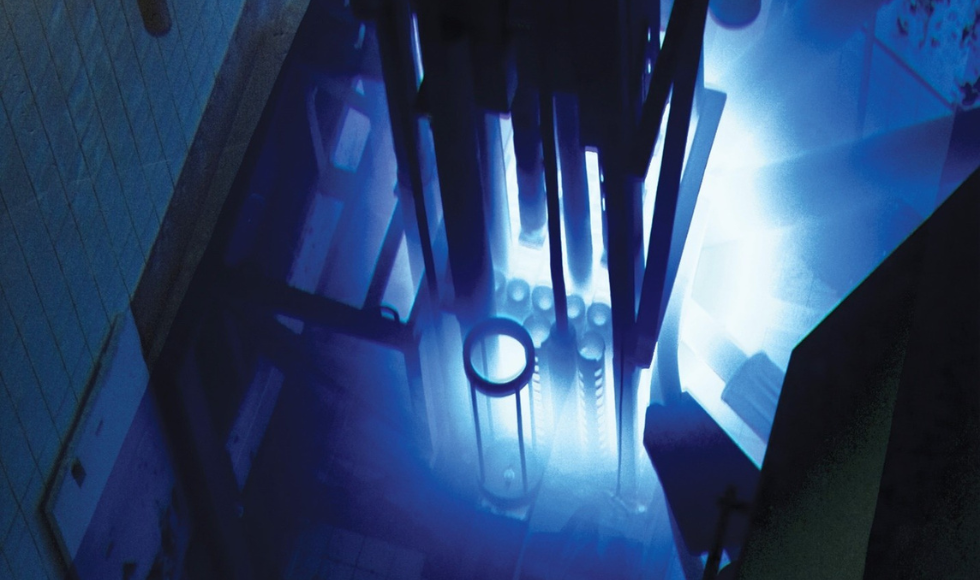McMaster joins new initiative to strengthen nuclear isotope innovation in Ontario

The Nuclear Isotope Innovation Council of Ontario will advance isotope production capacity across the province, identify new treatments and improve access to life-saving medical isotopes.
July 30, 2025
McMaster has joined the Nuclear Isotope Innovation Council of Ontario (NIICO), a new initiative to strengthen the province’s leadership in isotope research and innovation.
Stephen Lecce, Ontario’s minister of Energy and Electrification, in collaboration with the Canadian Nuclear Isotope Council (CNIC), announced the establishment of the Minister’s Advisory Group in Toronto this week.
Consisting of leading organizations and experts on isotopes, NIICO will build on Ontario’s leadership in medical isotopes to deliver solutions that benefit patients in Canada and around the world.
McMaster’s long-standing leadership in nuclear medicine makes it a key partner in the council, said Karin Stephenson, director of Nuclear Research and Education Support and McMaster’s representative for NIICO.
“McMaster is a world-leader in medical isotope research and production, supplying cancer treatments for over 70,000 patients every year,” Stephenson said.
“We’re excited to be part of this provincewide initiative to collectively enhance our isotope production capacity, identify new treatments and ensure people in Ontario and beyond have improved access to life-saving medical isotopes.”
In addition to the establishment of the advisory group, Lecce has requested a report from NIICO this year, analyzing key opportunities and next steps in the research, development and production of medical isotopes in Ontario.
Ontario’s isotope supply chain consists of isotope-producing CANDU power reactors, as well as cutting-edge cyclotrons and research reactors — both of which are housed at McMaster — and a network of specialized companies providing essential services such as research, irradiation, processing, transportation and engineering.
“Ontario is proud to lead the world in the fight against cancer by harnessing the power of nuclear innovation to produce life-saving medical isotopes,” Lecce said.
“With the creation of NIICO, we’re not only advancing our global leadership in isotope research and production — we’re helping patients live longer, healthier lives, building a world-class biomanufacturing economy and turning Ontario’s clean-energy advantage into a catalyst for breakthrough health innovation.”
The announcement demonstrates the province’s commitment to the nuclear isotope sector and will have a tangible impact on the advancement of medical isotopes across the province, says James Scongack, chair of NIICO and the CNIC.
“I’m excited that Minister Lecce has established the Nuclear Isotope Innovation Council of Ontario and look forward to working with the minister and his team at the Ministry of Energy and Electrification to continue to support and expand the production and use of medical isotopes here in Ontario,” he said.
Isotopes play an essential role in the diagnosis and treatment of various diseases, including cancer. As cancer rates rise, the global nuclear medicine market is projected to reach $33 billion by 2031.
NIICO will engage with stakeholders from across the nuclear, healthcare and research sectors, as well as end users such as hospitals and clinicians, to develop recommendations to help Ontario strengthen its isotope ecosystem and meet the growing global demand for medical isotopes.
The Council will also identify opportunities for collaboration with Indigenous communities in the isotope supply chain.


